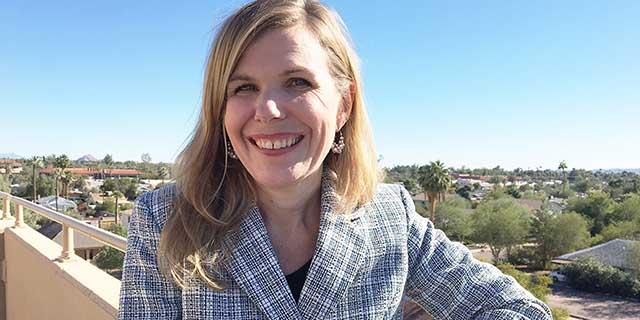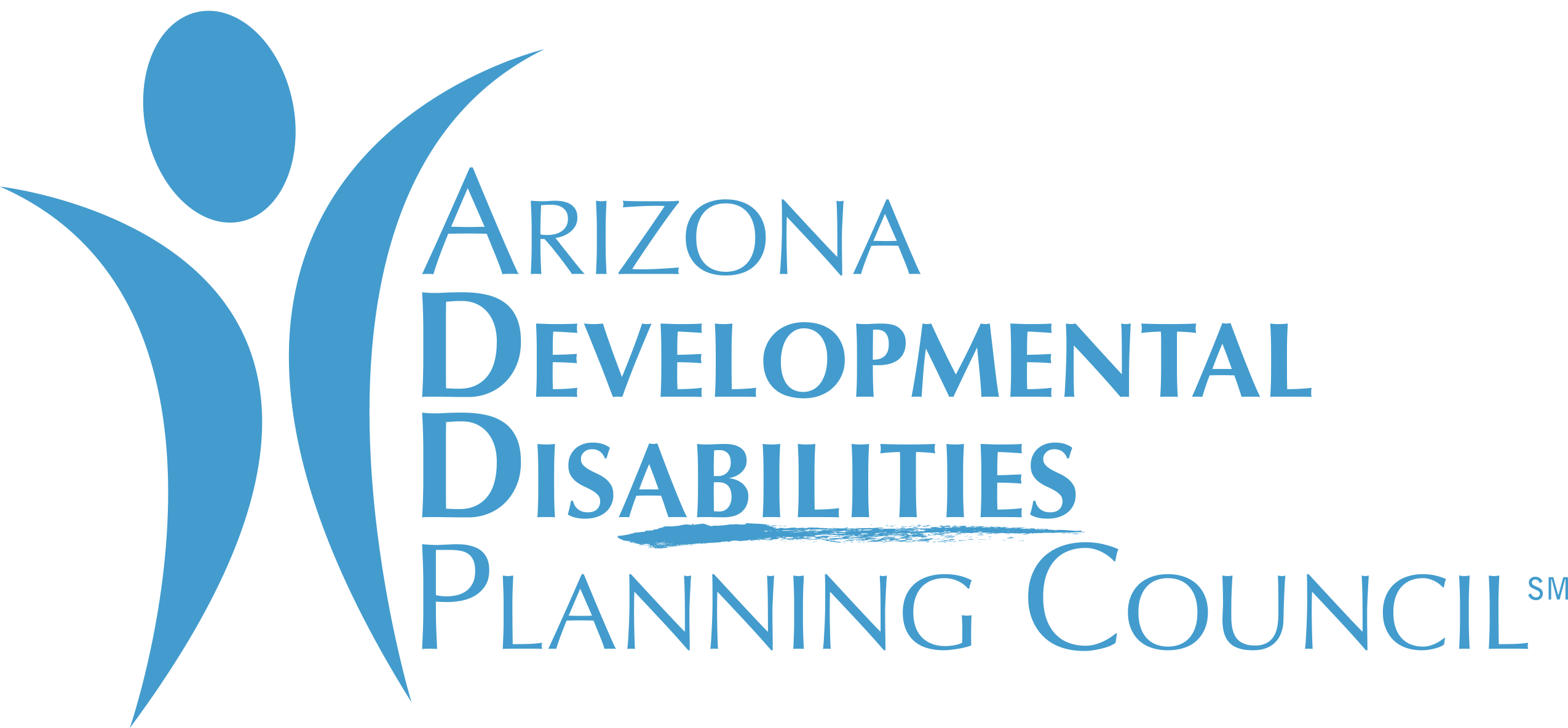The Good, the Bad, & the Ugly of ESA Expansion for Special Education

by Erica McFadden, Executive Director
Emotions are running high in the state legislature with the passage of Empowerment Scholarship Account (ESA) expansion a few weeks ago. I wondered how Arizona parents of students with disabilities – the pioneers of these accounts – felt about it. Were their emotions also running high? I spoke with public school and ESA-holding parents, and they shared with me mixed reactions to the news.
The good: ESAs offer a way out of failing public schools for some. A mother of a boy with autism shared that she left public schools because she was unable to find a school where he could thrive and learn. She is also one of many parents who left because educators did not follow her son’s individualized education plan. With the use of his ESA, he is now excelling with the help of private tutors and is looking into gaming as a career. His mother believes every child should be afforded these same opportunities. She invests a considerable amount of time into coordinating her son’s education to ensure he is progressing.
The bad: Even six years after its introduction, there is still confusion over ESAs. One father of a son with autism thought he was just now eligible for an ESA when he has always been eligible. There is a lack of information about these accounts that impacts the administration of the program. A recently released ADDPC report prepared by Arizona State University’s Morrison Institute for Public Policy finds that out of 3,316 new applicants for the 2016-2017 school year, less than half (43 percent) were accepted and chose to participate after reviewing the requirements. Many parents don’t realize they become superintendents of their children’s education when they sign up for an ESA. For some parents, this is role overload. They wind up dropping the program within a year for various reasons. With the new legislation signed into law, ESAs are now not guaranteed for students with disabilities - the accounts are available on a first-come, first-served basis.
The ugly: ESAs work for a select few. For example, low-income students don’t typically benefit. Some parents don’t have access to transportation to take their students to a private school or time to coordinate tutors or teach their kids at home. In addition, the majority of parents of students with disabilities – the group for which ESAs were originally intended - remain in the public school system. Parents know if they choose ESAs, they forego their Individuals with Disabilities Education Act (IDEA) protections and release the school district from all legal obligations to educate their child. This is a scary prospect for many.
A wake-up call: As the expansion unfolds, it is clear we need to keep an eye on students with disabilities who make up more than 11 percent of all public school students. With the majority of costs to support special education programs falling on state and local governments, public school parents worry…a lot. With more students leaving with their ESAs in hand, public school parents are anxious over how their children with disabilities will be impacted. Arizona’s educational landscape is already fraught with significant barriers to access for students with disabilities. According to Dan Hunting, principal investigator of a new Morrison Institute study, school administrators report that the majority of campuses have a teacher shortage, with special education positions being the hardest to fill.
In response, we need to seek out additional or alternative funding mechanisms in light of current infrastructure and staffing issues. We also need to ensure these issues aren’t exacerbated as ESA holders leave. Additionally, evaluating process and outcomes in all publicly-funded education (including ESAs) affirms we are giving students the education they need to succeed in life after school. We also need to be prepared to make corrections along the way when we find the quality of education administration is inconsistent.
One consistent theme with every ESA and public school parent I talked to who had a child with a disability: They continually struggle to get their child access to a quality education, despite school choice.
It should not be this way.
As a parent of a 4-year-old, none of us should have to struggle to access a high quality education to assure a brighter future for our children and for our state.
I think THAT is something with which we can all agree.






